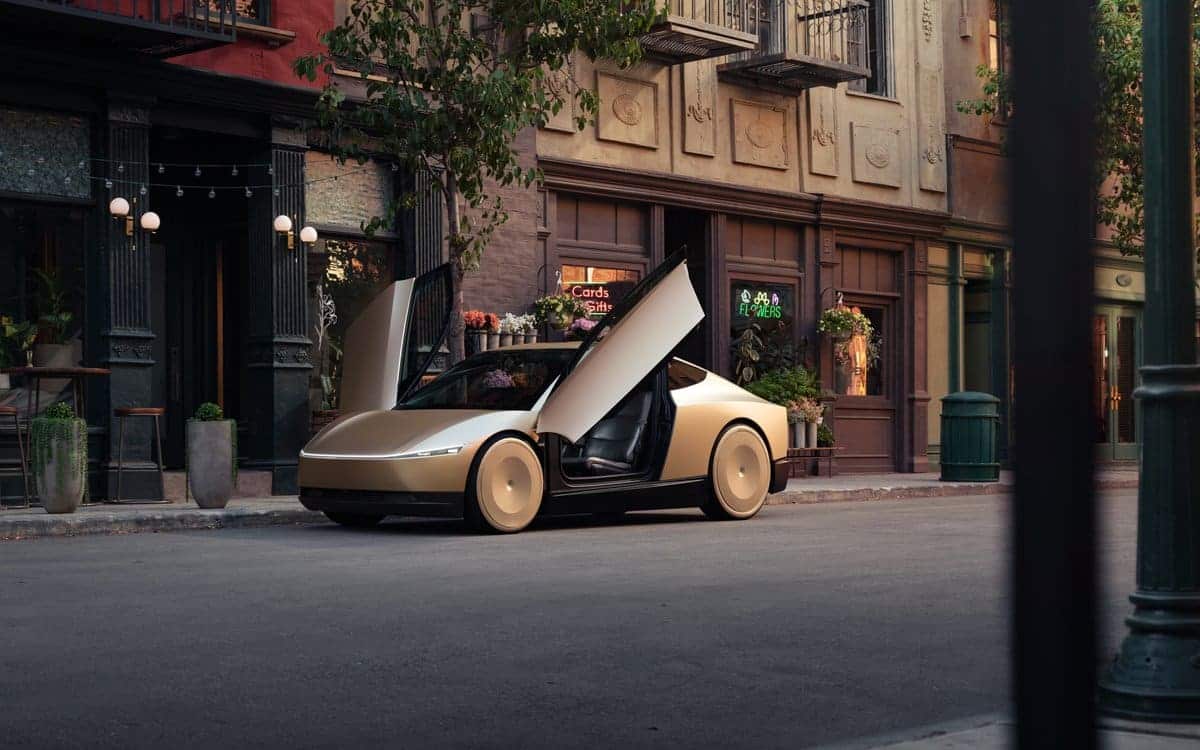Elon Musk has officially confirmed that Tesla will produce its new artificial intelligence (AI) chips, called AI6, in partnership with Samsung Foundry at its facility in Taylor, Texas. The deal, valued at $16.5 billion, marks a strategic move for Samsung, which aims to position itself as a serious alternative to TSMC, the current global leader in semiconductor manufacturing.
Tesla’s CEO, who is always in the spotlight during announcements, stated that he will personally oversee part of the manufacturing process to “accelerate the progress” and ensure production efficiency. Musk emphasized that this partnership will go beyond a typical customer-supplier relationship, with Tesla actively involved in optimizing the production line: “Samsung has agreed to let Tesla collaborate directly to maximize efficiency,” he said.
Beyond the dollars and cents: the dawn of a new era for AI chips
While Bloomberg reports the deal at $16.5 billion, Musk clarified on social media platform X (formerly Twitter) that this figure is merely “the minimum,” and the actual volume could be “several times higher.” The announcement caused Samsung’s stock to rise by 2.5% on the South Korean stock exchange.
In parallel, Musk confirmed that TSMC will continue manufacturing the current chips (AI5), initially in Taiwan and later at their Arizona plant. These 3-nanometer chips will be crucial for powering Tesla’s next-generation autonomous driving system and may be subject to export restrictions by the U.S. government.
AI6: the chip that will power both cars and humanoid robots
Beyond autonomous vehicles, the AI6 chip has a more ambitious scope. Musk revealed that this processor will also serve as the computational core of Tesla’s Optimus humanoid robot. Unconfirmed estimates suggest these chips could achieve performance of up to 2,500 trillion operations per second, representing a significant leap in inferential capabilities for mobility and advanced robotics.
Furthermore, the proximity of Samsung’s Texas plant to Musk’s residence and SpaceX facilities in Boca Chica was key in finalizing the deal. “The strategic importance of this cannot be overstated,” said Musk, who has relocated the operational hub of his companies to Texas for years.
Direct competition with TSMC and controlling the entire stack
With this move, Tesla aims to diversify its supply sources and gain greater control over the development of its AI hardware. While TSMC maintains its global dominance, allowing Tesla to engage directly in the manufacturing process could provide a notable competitive edge.
This collaboration also reflects Samsung’s effort to regain ground in the advanced manufacturing race. Despite falling behind TSMC in recent years, agreements like this could shift the competitive landscape over the medium term.
A step closer to vertical integration
The AI6 reinforces Tesla’s commitment to full vertical integration in its autonomous driving systems, robotics, and future AI products. The ability to design and manufacture its own chips, without complete reliance on third parties, puts Tesla in a strong position to compete with giants like Apple and Google in AI hardware.
The future of autonomous driving, robotics, and inferential computing may increasingly depend on companies like Tesla controlling not only the software but also the advanced semiconductors that enable it. With Samsung involved, Musk is seeking a competitive advantage that could reshape the industry.
via: wccftech

